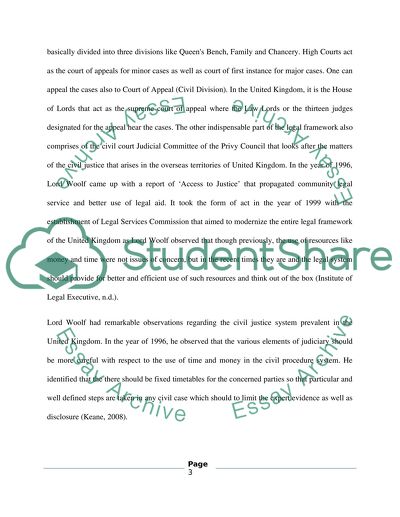Cite this document
(A Critical View of the Legal System of the United Kingdom Case Study, n.d.)
A Critical View of the Legal System of the United Kingdom Case Study. Retrieved from https://studentshare.org/law/1568583-legal-system
A Critical View of the Legal System of the United Kingdom Case Study. Retrieved from https://studentshare.org/law/1568583-legal-system
(A Critical View of the Legal System of the United Kingdom Case Study)
A Critical View of the Legal System of the United Kingdom Case Study. https://studentshare.org/law/1568583-legal-system.
A Critical View of the Legal System of the United Kingdom Case Study. https://studentshare.org/law/1568583-legal-system.
“A Critical View of the Legal System of the United Kingdom Case Study”. https://studentshare.org/law/1568583-legal-system.


